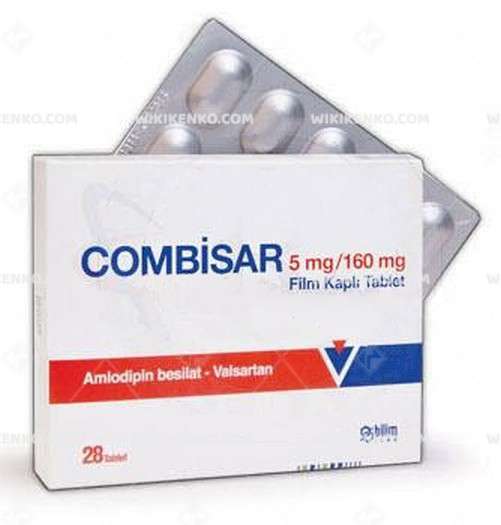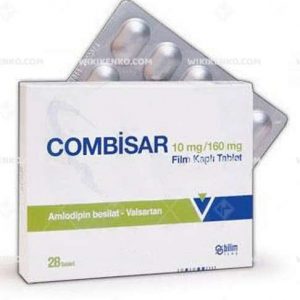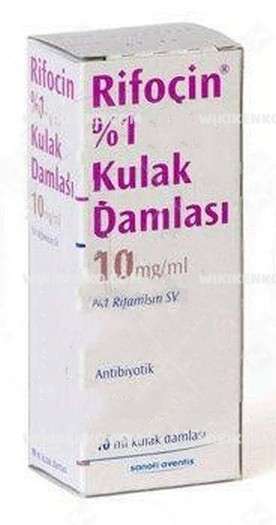Description
Benefits of Combisar Tablet
Combisar is a medication that contains a combination of Amlodipine and Valsartan. Amlodipine is a calcium channel blocker that helps relax the muscles in your heart and blood vessels, which improves blood flow and reduces blood pressure. Valsartan, on the other hand, is an angiotensin II receptor antagonist that prevents blood vessels from narrowing, leading to improved blood flow and lower blood pressure. Together, these two ingredients make Combisar a powerful solution for managing high blood pressure.
Dosage
The recommended starting dose for Combisar is 5/160 mg once daily for patients who are not volume-depleted. Your doctor may adjust the dosage based on your individual needs and response to the medication. It is important to follow your doctor’s instructions carefully and not to exceed the prescribed dose.
Contraindications
While Combisar is an effective medication for managing high blood pressure, it is not suitable for everyone. There are certain contraindications that you should be aware of before taking this medication. For example, it should not be used by patients who are hypersensitive to Losartan, sulphonamide-derived substances, have therapy-resistant hypokalemia or hypercalcemia, severe hepatic impairment, cholestasis & biliary obstructive disorders, refractory hyponatremia, symptomatic hyperuricemia/gout, severe renal impairment, anuria, or are taking aliskiren in patients with type 2 diabetes. It should also not be used during pregnancy.
Precautions
Before starting treatment with Combisar, your doctor will need to assess your overall health and medical history. It is important to let your doctor know if you have any conditions that may affect your ability to take this medication, such as electrolyte/fluid imbalances, symptomatic hypotension, or liver/kidney problems. Combisar may also affect your ability to drive or operate machinery, so it is important to be aware of any potential side effects before engaging in these activities. Women of childbearing potential should use effective contraception while taking Combisar. This medication should not be administered to children and adolescents under 18 years of age.
Possible Side Effects
Like any medication, Combisar may cause side effects in some people. Some of the common side effects associated with Losartan include insomnia, headache, cough, upper respiratory infection, nasal congestion, sinusitis, sinus disorder, abdominal pain, nausea, diarrhea, dyspepsia, muscle cramp, back and leg pain, myalgia, renal impairment and failure, asthenia, fatigue, chest pain, hyperkalemia, mild reduction of hematocrit and hemoglobin levels, and hypoglycemia. Some of the side effects associated with Hydrochlorothiazide include cephalalgia.
It is important to note that not everyone will experience side effects, and they can vary from person to person.














Reviews
There are no reviews yet.